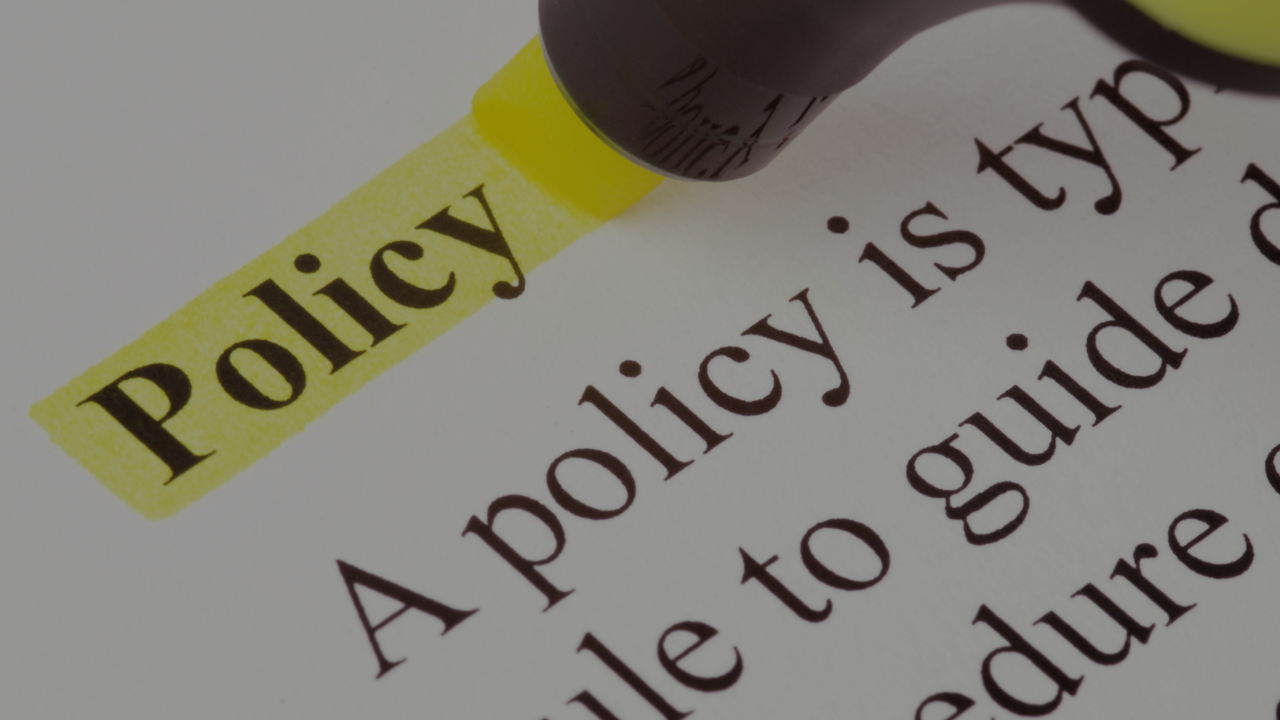Perinatal Policy (PLEASE READ, I promise I'll try to keep it light and fun!)
Mar 19, 2025
I've spent this week at the Policy Center for Maternal Mental Health Forum in Washington DC. I have learned so much and feel invigorated by being surrounded by peers who are as passionate about this work as I am.
But I'm gonna make this quick and go fully list/bullet style. Here's what's working:
1. Medicaid is(was?!) Stepping Up!
Historically, Medicaid coverage for postpartum folks cut off at 60 days after birth (which, let’s be real, is barely enough time to figure out diaper sizes). But thanks to recent policy changes, many states now offer 12 months of postpartum coverage through Medicaid. That’s a big deal for mental health care access!
Why it matters: Mental health challenges often show up months after birth, so longer coverage = more people getting help when they need it.
2. Congress is Talking About It (Finally!)
Over the last few years, Maternal Mental Health has become a hot topic on Capitol Hill. Laws like the Momnibus Act (yes, that’s its real name and yes, it’s amazing) include provisions for mental health screenings, funding for services, and better data collection.
Bonus: Some states have even passed their own maternal mental health laws, requiring providers to screen for postpartum depression and anxiety.
3. Funding for Programs That Actually Help
The federal government has boosted funding for community-based maternal mental health programs, like support groups, telehealth therapy, and training for providers to recognize and treat perinatal mood disorders.
Translation: More people in more places can now access real support, even if they live far from big hospitals or mental health centers.
Here's what's NOT working: Where Policy Needs to Catch Up (Let’s Manifest These Changes but also TAKE ACTION)
1. Medicaid Is At Risk.
As noted above, Medicaid has come a long way and has really pioneered some of the changes we want and need - especially for our most vulnerable parents, but there are serious and significant attacks on Medicaid with the new Administration. We need to protect and expand Medicaid otherwise we'll lose the momentum and gains we've made.
2. Not All States Are Created Equal
Some states have fully embraced perinatal mental health policies. Others? Not so much. We need nationwide standards so that no matter where you live, you have access to screenings, referrals, quality treatment, and support.
3. Screenings Are Good—Treatment Access Is Better
This is a big one for me personally - I love that we've made so much progress with screening, but it's more harmful to screen and do nothing than to not screen at all. There’s still a shortage of trained mental health providers and alternative support systems if/when that isn't available. We need to pay providers more so there is incentive for them to work in this field.
4. Doulas, Midwives & Non-Traditional Support Need Recognition & Funding
Doulas and community health workers often provide mental health support in ways traditional systems don’t. We need policies that support and reimburse these folks for the incredible work they do, especially for Black, Indigenous, and rural communities. In addition, let's look at adjunct and alternative models like coaching, peer support, online connection and support. This is where much of my non-clinical work lies at Through to Thrive - particularly with Prep for Post and the upcoming First Year books and classes. Birth and Baby University is also crushing it with accessible doula care.
5. Mental Health for Dads, Partners, and Non-Birthing Parents
Mental health policies mostly focus on birthing parents and "moms"—but guess what? Partners struggle too and not everyone identifies as a mom! We need inclusive policies that recognize and support the whole family including every identity and family structure.
The Big Dream: Where I Think Policy Should Go Next
- Nationwide Medicaid expansion for postpartum coverage (no state left behind!)
- Universal mental health screenings during pregnancy and postpartum with HEDIS measures attached to funding - you don't get paid if you don't follow up those screenings with appropriate treatment. And let's not stop at screenings. Let's make and integrate risk factor checklists to start support earlier and get people ready for what might come their way.
- Insurance coverage for therapy and support groups—no more out-of-pocket surprises, and increase/expand coverage for all kinds of accessible and inclusive perinatal care.
- Paid parental leave for ALL parents, because rest is not a luxury and we'll all do better if we're getting what we need.
Final Thoughts: Progress + Possibility
We’ve made huge progress—perinatal mental health is finally on the radar. But there’s more to do and the passion simply isn't there in the places it needs to be to make it happen. By raising awareness, supporting advocacy, and sharing our experiences, we can help push these policies forward so every parent can thrive.
Let’s keep the momentum going—because when parents are supported, families and communities flourish.
Here's my commitment: I am a Fellow with the Policy Center for Maternal Mental Health. I am on the Board of PSI-Vermont and I am going to work my tail off in Vermont to understand what and how to bring this vision to life in Vermont, regardless of what's happening federally.
Will you make a commitment to this work?

